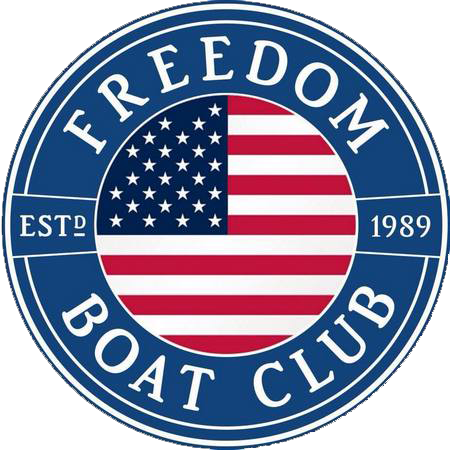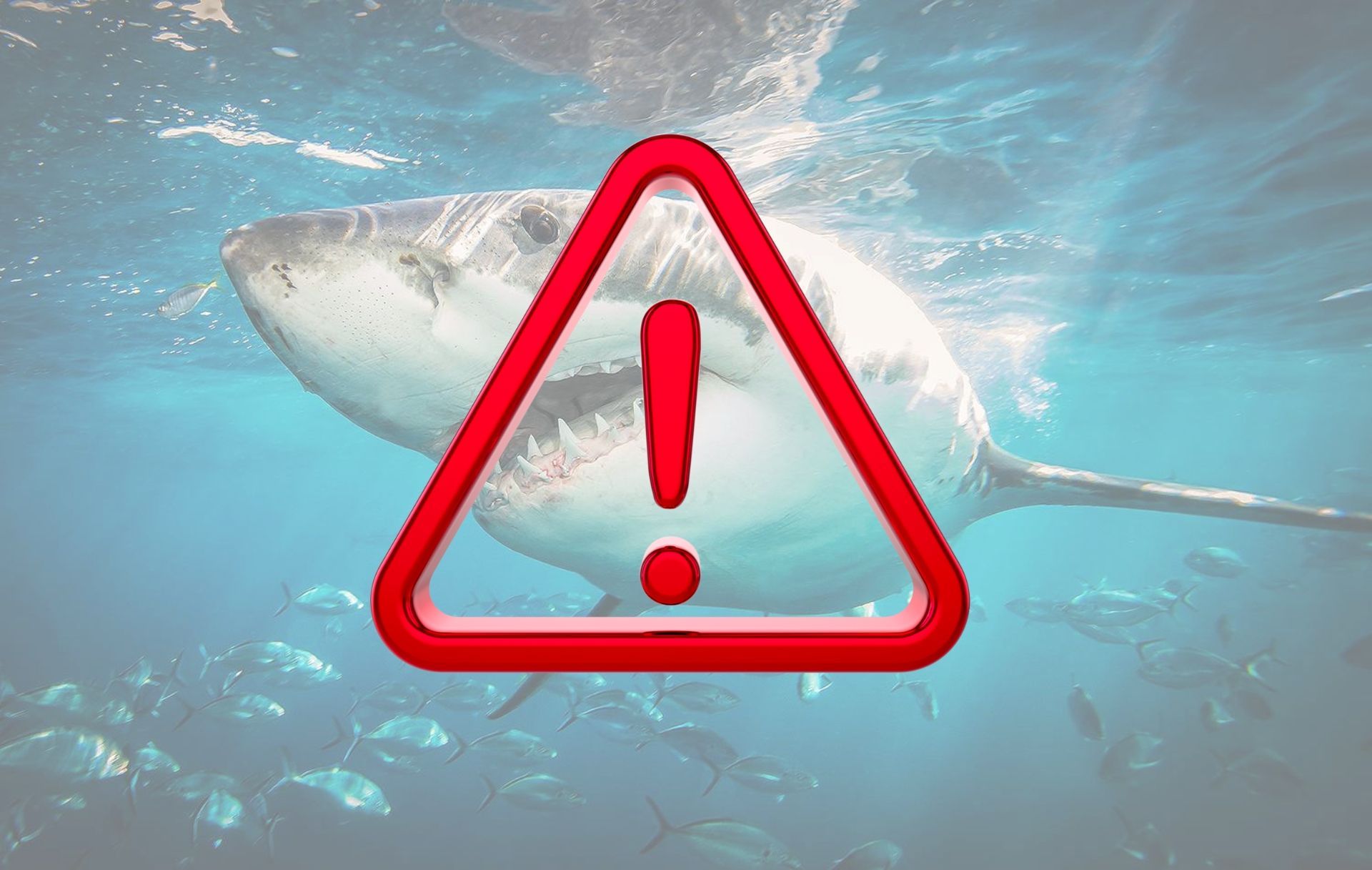Happy Father's Day, So How Did It Start
R. Ken Cooper • June 18, 2023
The history of the day

The third Sunday in June holds a special place in the calendars of many countries, including the United States, where it is recognized as Father's Day. This day is dedicated to honoring fatherhood and paternal bonds, as well as the influence of fathers in society. But how did Father's Day come into existence, and what is its significance? Let's delve into the rich history and relevance of this special occasion.
The Origin of Father's Day
The concept of Father's Day can be traced back to the early 20th century, and it owes its origin to two women who felt a strong need to recognize the role of fathers. Sonora Smart Dodd of Spokane, Washington, is often credited as the mother of Father's Day. Dodd, inspired by a Mother's Day sermon in 1909, felt a similar occasion should be designated to celebrate fathers, especially her own, William Jackson Smart, a Civil War veteran and a single father who raised six children.
In her effort to establish Father's Day, Dodd proposed her idea to local churches, the YMCA, shopkeepers, and government officials. Her idea was well-received, and the first Father's Day was observed on June 19, 1910, in Spokane. The day was marked by a church service dedicated to fathers.
Meanwhile, around the same time in West Virginia, Grace Golden Clayton was mourning the loss of her father, who died in the Monongah Mining Disaster, the deadliest mining accident in U.S. history. In his memory, and to honor all the fathers who lost their lives in the disaster, Clayton convinced her local pastor to hold a Sunday service dedicated to fathers in 1908.
However, Father's Day did not become an official holiday immediately after these initial celebrations. Despite efforts from Dodd and others, it took several decades and the intervention of several presidents to get Father's Day recognized nationally.
President Woodrow Wilson showed support for the day in 1916, and in 1924, President Calvin Coolidge urged state governments to observe Father's Day. However, many men, ironically, were the fiercest opponents to the holiday. They scoffed at the holiday's sentimental attempts to domesticate manliness with flowers and gift-giving, or they derided it as a commercial gimmick to sell more products--often paid for by the father himself.
It wasn't until 1966 that President Lyndon B. Johnson issued a proclamation designating the third Sunday in June as Father's Day. It was finally declared a permanent national holiday in 1972 when President Richard Nixon signed it into law.
The Significance of Father's Day
The significance of Father's Day extends beyond the commercial aspect of gift-giving. It provides an opportunity to highlight the importance of fathers in the family structure and society.
The day celebrates not only biological fathers but also father figures who contribute to the lives of those around them. This includes stepfathers, uncles, grandfathers, and adult males who act as father figures to those in need of guidance.
Celebrating Father's Day allows us to acknowledge the sacrifices, hard work, and dedication that fathers put into nurturing and developing their children's lives. It's a day to show appreciation and express gratitude for the countless ways in which fathers contribute to their children's lives, be it through guidance, support, love, or simply being there in times of need.
Moreover, Father's Day serves as a reminder of the significant role fathers play in child development. Numerous studies have shown that children who have active and positive engagement with their fathers tend to do better emotionally, psychologically, and academically.
Furthermore, Father's Day helps break down the traditional stereotypes associated with fatherhood and masculinities, and encourages men to embrace the nurturing aspect of their nature. It underscores the fact that men, too, are caregivers, and their roles go beyond the traditional norms of being the primary earners. They are also nurturers, companions, and guides, playing a significant part in shaping the future of their children and, by extension, society as a whole.
Celebrating Father's Day
Celebrating Father's Day in the Orange Beach Area, offers a myriad of opportunities to make the day memorable. With miles of white-sand beaches, beautiful waterways and numerous marinas, Orange Beach presents an ideal setting for a family outing. Whether it's chartering a boat for a fishing expedition in the Gulf of Mexico, enjoying a picnic at the Orange Beach Waterfront Park, or taking a leisurely bike ride along the Hugh S. Branyon Backcountry Trail; there are plenty of ways to celebrate. For those fathers with a love of seafood, a Father's Day meal at one of the numerous seafood restaurants, renowned for their fresh gulf seafood and southern hospitality, would be an absolute treat. And as the sun sets on this special day, taking a walk along the beach could be the perfect ending, making Father's Day in Orange Beach a truly unforgettable experience.
Conclusion
In conclusion, Father's Day is a special occasion that serves as a tribute to the monumental contributions that fathers make to their families and societies. It provides an opportunity to show appreciation for the unique roles that fathers play, whether they're offering guidance, providing support, or being a source of unconditional love. So, this Father's Day, let's celebrate the fathers and father figures in our lives and express our heartfelt gratitude for all that they do.
-

Slide title
Write your caption hereButton 
Slide title
Write your caption hereButton-

Slide title
Write your caption hereButton -

Slide title
Write your caption hereButton -

Slide title
Write your caption hereButton -

Slide title
Write your caption hereButton -

Slide title
Write your caption hereButton
-

Slide title
Write your caption hereButton -

Slide title
Write your caption hereButton -

Slide title
Write your caption hereButton -

Slide title
Write your caption hereButton -

Slide title
Write your caption hereButton -

Slide title
Write your caption hereButton -

Slide title
Write your caption hereButton -

Slide title
Write your caption hereButton
-

Slide title
Write your caption hereButton -

Slide title
Write your caption hereButton -

Slide title
Write your caption hereButton -

Slide title
Write your caption hereButton -

Slide title
Write your caption hereButton -

Slide title
Write your caption hereButton -

Slide title
Write your caption hereButton
Recent Posts



Subscribe to our
Newsletter
Our newsletter is focused on bringing you the latest in news, events and weather for the coastal Alabama area.
